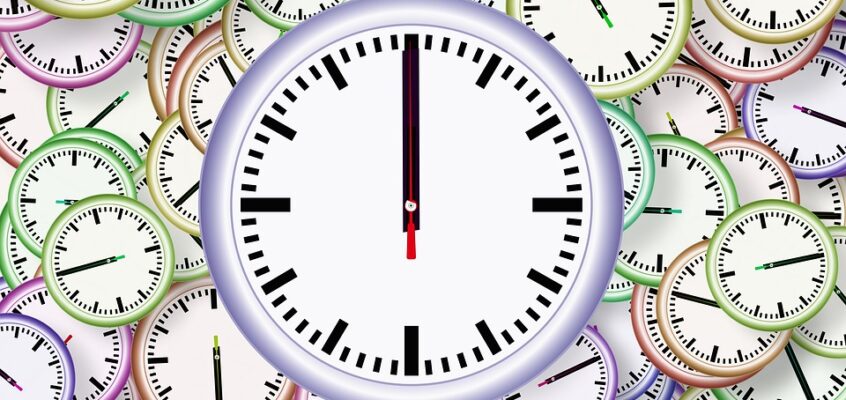The Power in Talking About Your ADHD
If you have adult ADHD, you may avoid sharing this with others. Yet sharing your diagnosis can be empowering. You give others the opportunity to understand you. And you can lose the anxiety that comes with hiding your diagnosis. Here are some strategies you can use to tell others about your ADHD.












